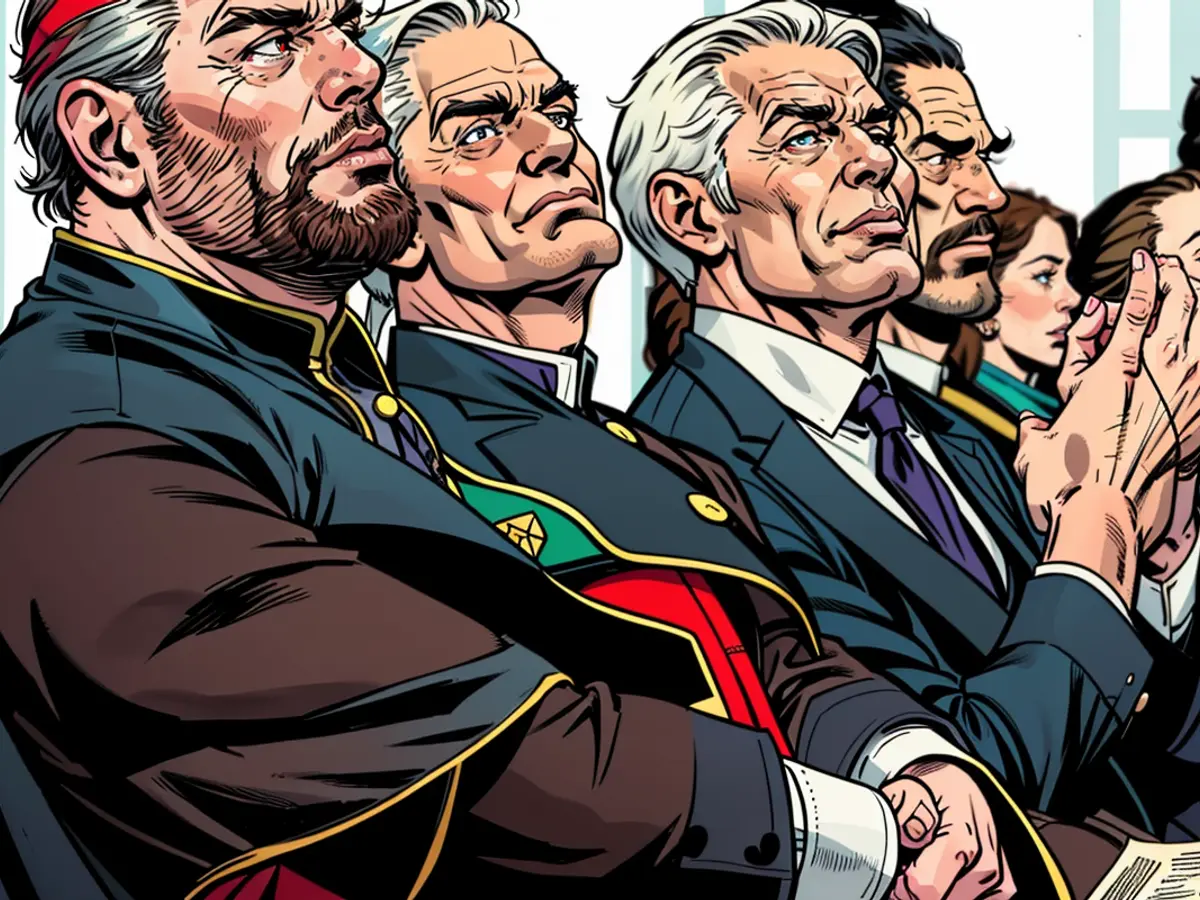Church and state - Resistance from the federal states to the redemption of church payments
In the German states, there is growing opposition to the plans of the Traffic Light Government to abolish state subsidies to churches in Germany by paying a billion-dollar sum. According to a survey by the German Press Agency, "The Ministerpresident Conference has dealt with the matter in the past and stands critically opposed to it," as stated in Brandenburg. "No consensus-building model for the abolition is known among all parties involved," a spokesperson for the Ministry for Science, Research and Culture of the State of Brandenburg shares.
And: "The abolition through the provision of a compensation payment - whether as a one-time payment or in installments - is currently hardly feasible given the presence of multiple crises and their financial consequences."
From North Rhine-Westphalia, it is stated: "Given the financial and social dimensions of the matter, as well as other pressing challenges, there is still agreement in the circle of states that many questions need to be clarified before negotiations for understanding can be considered."
The churches in Germany receive state subsidies for the expropriation of German churches and monasteries at the beginning of the 19th century in the context of secularization. Apart from Hamburg and Bremen, all federal states pay an annual sum to the Catholic and the Protestant Church accordingly, as regulated by respective agreements - for example, the Bavarian Concordat. Most recently, it was a total of around 550 million Euros per year nationwide.
The Traffic Light Government wants to pay off the churches and separate church and state. The opposition factions in the German Parliament, Union and AfD, also express their support for this in rare unanimity.
The states would have to pay the sum. Bavaria's Minister-President Markus Söder (CSU) had recently demanded that the discussion on state subsidies be completely terminated. He wants, "for it to be put on ice," as Söder put it. Most of his minister-president colleagues share this view.
Konkordat - Law Text
- Despite growing opposition in German states, particularly in Brandenburg, the Traffic Light Coalition plans to abolish church subsidies by paying a billion-dollar sum, a move critically opposed by the Ministry of Science, Research and Culture.
- According to the German Press Agency's survey, no consensus-building model for the abolition is known among all parties involved in the matter, which includes Bavaria, Baden-Württemberg, and North Rhine-Westphalia.
- The churches in Germany, including Catholic and Protestant, receive annual subsidies from all federal states except for Hamburg and Bremen, as regulated by agreements like the Bavarian Concordat, totaling around 550 million Euros annually.
- The Traffic Light Government aims to pay off the churches and separate church and state, a move supported by opposition factions in the German Parliament, such as the Union and the Alternative für Deutschland (AfD).
- Bavaria's Minister-President Markus Söder (CSU) advocates for terminating discussions on state subsidies, stating, "For it to be put on ice," echoing the sentiments of most of his minister-president colleagues.
- The financial burden of paying off the churches would fall on the states, making it a significant concern for state finances, especially considering the presence of multiple crises and their financial consequences.








